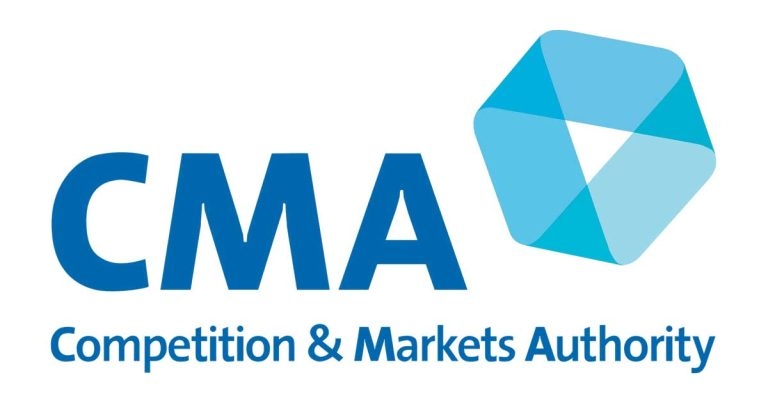28 Mar 2025
RCVS’ latest submission comes as coalition of veterinary groups maintains the authority is listening to professionals’ concerns.

By Gravityaddict - Own work, CC BY-SA 4.0, https://commons.wikimedia.org/w/index.php?curid=89437708
The body conducting an inquiry into UK companion animal veterinary services has been urged to reach “proportionate” conclusions when it publishes its ideas for reform.
The plea is contained in the RCVS’ latest submission to the Competition and Markets Authority (CMA) investigation, which is expected to set out initial proposals in the coming weeks.
However, a coalition of veterinary groups maintained the authority is listening to professionals’ concerns as a senior clinician warned the sector would need to go on earning public confidence.
The latest comments followed the publication of a fresh series of CMA working papers last month and a speech by inquiry group chairperson Martin Coleman to the BSAVA Congress. He praised the sector’s “constructive engagement” with the investigation and sought to reassure delegates that no conclusions, either provisional or final, had yet been reached.
He also insisted the group recognised the relationship between vets and pet owners was not “commoditised”, though he maintained clients should be able to recognise differences in price and service offers between practices.
But in its latest submission document, published after Mr Coleman’s speech, the RCVS said it remained concerned that the sector was being viewed as a “household services” market and was not being compared to more similar areas, such as human health care.
Although it has consistently supported the investigation process, the college was critical of an argument raised in one of the latest working papers that high levels of trust in the sector could allow practices to raise prices out of “complacency”.
It said: “This does not recognise the huge benefits to both consumers and animals of continuity of care, which flows from building a relationship of trust and longevity.”
The RCVS reiterated its willingness to work with the CMA on interim remedies short of the new legislation it wants to help address regulatory issues.
But it said it was “vitally important” those short-term measures were “proportionate, enforceable, effective [and] applicable” across all practice types.
In its latest submission, the BVA, BSAVA, BVNA, SPVS and VMG said they recognised the need for change, but urged the CMA to give businesses time to adjust to any changes that may be coming.
However, the groups also praised the “emerging thinking” of the working papers which they said showed the inquiry group “has been listening to the concerns raised and is working hard to understand the complexities of both the veterinary landscape and how clinical services are delivered”.
The issue of trust was also high on the agenda during the Manchester congress, where the CVS Group’s chief veterinary officer, Paul Higgs, warned the sector could no longer expect to enjoy public confidence based purely on status.
He said: “We need to earn that trust and respect and we have to keep earning it.”
But Mr Higgs also came under fire during a panel discussion following Mr Coleman’s speech over the influence of corporate groups and private equity on the sector.
Meanwhile, in its response document, the Federation of Independent Veterinary Practices called for “decisive action” from the CMA to address what it described as “competitive disparities” highlighted in the papers.
It added: “Ensuring a fair and competitive market is essential for the sustainability of independent veterinary practices and the welfare of pets and their owners.”